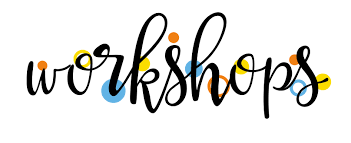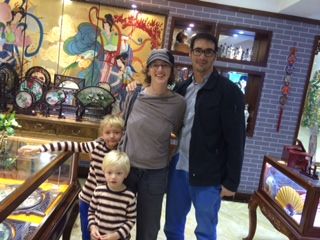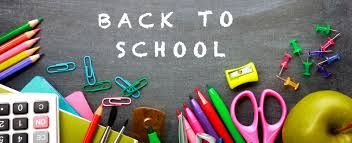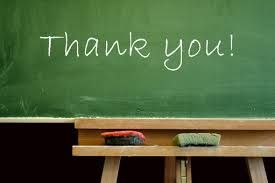As many of you know, last August I moved with my husband and two small boys (they were only 2 and 5 when we left!) to the middle of China. We had accepted teaching positions at Yangtze Normal University, on the outskirts of a small suburb in Chongqing, where we taught English and American Culture courses to classes almost exclusively consisting of first-generation college students.
We had the most incredible time getting to know the students and professors, exploring the food and popular landmarks, and generally immersing ourselves in a place that was so far from home. We had a fantastic year.
While we were busy teaching, our two boys attended the local public “kindergarten.” In China, this is analogous to what we call “preschool” for children ages 3-6 in the U.S. It is not mandatory, but it is popular.
The thing is, because of where we were, our children were the first foreign students to ever attend the school. And, for many of the people at the school, the first foreign children anyone had had contact with.
I received my teaching credential here in California. For those of you who hold a credential, you know that you are required to take a class on working with English Language Learners in order to become a teacher in this state.
How I had taken that for granted!
While my boys’ teachers clearly loved them, they had no training in how to help them. After a few rocky weeks, on his own, my older son, who is especially outgoing, began to make friends in his class, eventually picking up basic communication skills, and, by the end of the year, becoming proficient in Mandarin. When it was time to return to the U.S., he didn’t want to leave his classmates and teachers behind.
Our younger son, however, did not thrive. Without any language support at school, he became more and more withdrawn. He fought us about going to school each morning, cried when we left him there, and participated less and less in classroom activities. He insisted he couldn’t understand or speak Mandarin, and, frankly, I’m not sure if he could because he almost never did in my presence. It was heartbreaking to experience.
As for me, I was always a little panicked. I neglected to pick the children up on time on early release days because I hadn’t understood the notice. I sat, not understanding a single thing, through many parent meetings. I watched the other parents chat and laugh at pick-up while I hung back and smiled mutely. Basically, it was awful. I was perpetually lost and confused and felt like I was failing.
Teaching English in China this past year was not the first time I had taught English abroad. But it was the first time I had done so while also being a parent. And that was eye-opening. And humbling. There are many systems in place in our schools in the U.S. to help students and caregivers who cannot speak English, but suddenly I was keenly aware at how much more of an effort I could have been making all these years.
And so we put together our Supporting English Language Learners deck; because I want to make it my business to offer support to students and families in ways that were helpful to me, not only in the classroom as a teacher, but also as a parent. I need to pay it forward to all of the people who invited us over for play dates, sat next to me to take notes during meetings, and made an effort to speak to me in slow, simple Chinese, or shy English, so that my family felt welcomed at school.
Oscar and I truly believe this is our most important deck yet. It combines activities with strategies, creating a springboard for transforming your program so that language is not a barrier, but an opportunity.
We hope you will check the deck out and consider bringing us in for a workshop with your staff. We also plan to hold several training-of-trainers sessions on this, and some of our other decks, this year. We will let you know more details as soon as they are finalized.
If you’ve read this far, THANK YOU! I have no doubt many of you have your own stories to share along these lines, and I look forward to hearing from you.
As always, we thank you for your business and support!
If you’d like to read more about our trip to China, you can read our blog: globeschooling.wordpress.com




